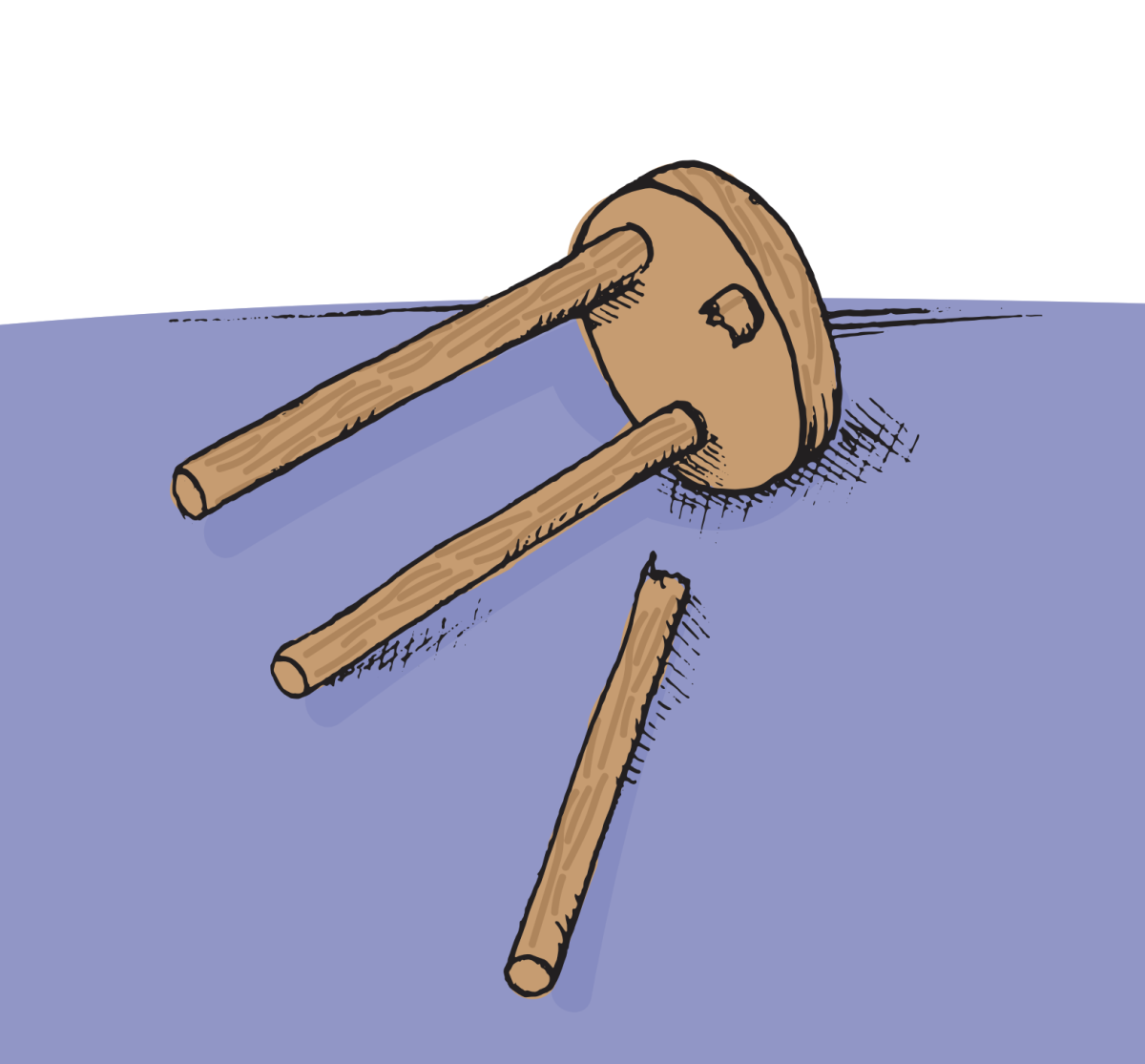The neglect of male eating disorders
The lack of awareness of men’s eating disorders truly bothers me and shows the overt ignorance of how body image affects young boys.
I, a cisgender female, heard and saw the same things that a lot of my peers experienced growing up. I played with the Barbie Dolls with hourglass figures. I watched “Glee” and “Pitch Perfect,” where the “fat friend” was the comic relief and rarely got the main love interest. I heard the insults and experienced the bullying that came with being an overweight, African American girl. I suffered from an eating disorder, where I wouldn’t eat, to ensure that I would start losing weight and go down a dress size or two.
I got tired of shopping in the women’s section when I was still a little girl. At a certain point in my life, my body image actively reflected my self-worth. Then studies were publicized that focused on an increase in self-harm and eating disorders in young girls due to the lack of realistic body types in the mainstream media. It became a regular thing to talk about girls’ body image, the negative effects of photo editing and how the supermodel body often came at a cost. And I felt liberated. I felt heard.
But there’s a neglected population who experiences the same struggle-men. They experience the same social pressures to fit a certain body type in order to get the girl. They feel the need to look a certain way to fit into society. Except the main goal isn’t always to lose weight, but to also gain muscle. How does this not receive the same amount of attention and intervention?
Boys often suffer from reverse anorexia or bigorexia, a disorder with all the psychological features of anorexia, except they’re pushing it in the opposite direction. In boys, mannerisms of eating disorders appear like girls, such as rigid eating rituals, avoiding situations that involve food, having unusual behaviors around food (cutting food into small pieces, pushing food around the plate) or constantly critiquing their physical appearance.
Oftentimes, habits that are harmful to boys can hide in plain sight. According to the Child Mind Institute, behaviors such as excessive exercise and binge eating are considered expected and accepted behavior for males in western society.
From 1999-2009, hospitalizations involving eating disorders for male patients increased by 53%, according to the National Eating Disorders Association (NEDA). In 2007, men made up 25% of individuals with anorexia nervosa, 36% with binge eating disorder and 25% with bulimia nervosa. A 2014 study found that men suffering from “subclinical eating disordered behaviors” were almost as common as women. Subclinical behaviors include binge eating, purging, fasting and taking laxatives.
This silent epidemic has long-lasting psychological and physical effects. My main concern lies in the lack of media coverage and societal acceptance of conversation about this harmful practice in boys and men. It seems hypocritical, to be honest, to preach and call for open communication and acceptance, but to only focus this accepting ideal on one facet of our population.
From what I’ve seen in recent years, we’ve accepted women who are labeled as overweight and curvy, they get the male love interest with the socially accepted body type. We view their union as loving and accepting herself and realizing her value. But on the flipside, if a man is labeled as overweight or not of a muscular stature, and desires a “skinny, supermodel type,” he’s batting out of his league.
The next step is to take action.
There are several organizations that provide helplines with eating disorders, both virtually and through phone hotlines. One website, 18percent.org, provides a support community for mental health including eating disorders. Simply go to their website and sign up with your email address and you will receive an invitation to their Slack community. Another virtual option is through the Alliance of Eating Disorders Awareness. This organization has Zoom meetings for support groups, as well as in-person options.








































